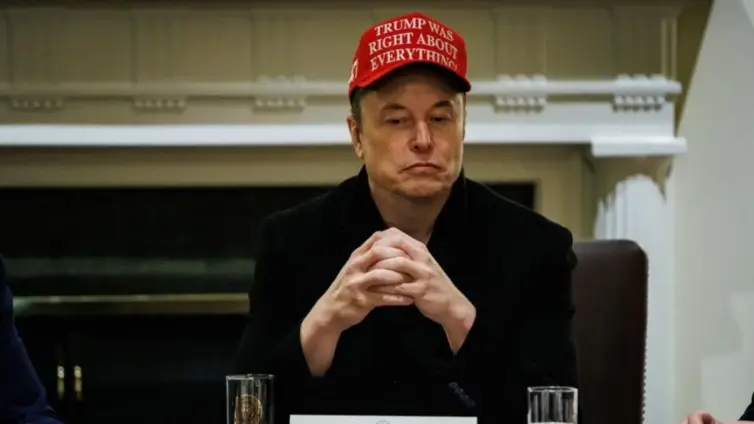The Supreme Court is now weighing whether to grant an emergency stay that could block access to records of the Department of Government Efficiency (DOGE), an entity headed by Elon Musk during the Trump administration. This dispute centers on a Freedom of Information Act (FOIA) request filed by a government watchdog group seeking DOGE records access, and the administration’s subsequent effort to shield those records from public view. The legal battle pits Citizens for Responsibility and Ethics in Washington (CREW) against the Trump administration, raising questions about government transparency and the scope of executive privilege.
The case highlights the ongoing tension between the public’s right to know and the government’s need to protect sensitive information. As the Supreme Court considers the request, the outcome could have significant implications for future FOIA requests and the balance of power between the executive branch and the public.
Background on the DOGE and CREW Lawsuit
President Trump created DOGE via executive order on January 20th, marking the beginning of his second term. The department’s mission, though not explicitly defined in public documents, was understood to focus on streamlining government operations. Shortly after its inception, Citizens for Responsibility and Ethics in Washington (CREW), a watchdog organization, filed a FOIA request seeking access to DOGE records, aiming to shed light on the department’s activities and decision-making processes.
U.S. District Judge Christopher Cooper ruled that DOGE is likely a government agency subject to FOIA. Cooper ordered DOGE to release some of the requested records and to allow CREW to question Acting Administrator Amy Gleason about the department’s operations. The judge found that CREW had presented a strong case for the public interest in accessing these documents.
Following Judge Cooper’s ruling, the Trump administration appealed the decision, but a federal appeals court declined to put Cooper’s order on hold on May 14. This set the stage for the current Supreme Court appeal.
The Trump Administration’s Supreme Court Appeal
Solicitor General John Sauer has requested an emergency stay from the Supreme Court to block the release of DOGE records access. Sauer argued that the lower court’s order is “extraordinarily overbroad and intrusive” and would unduly distract DOGE from its mission. In his appeal, Sauer stated that the order represents “an untenable affront to the separation of powers.” He contends that DOGE is effectively a White House body and therefore exempt from FOIA.
A central argument in the Trump administration’s appeal is that forcing the disclosure of DOGE records would impinge on the Executive branch’s ability to function effectively. Sauer characterized the request as akin to “fishing expeditions into sensitive executive-branch functions.” He argued, “This Court has rejected similar fishing expeditions into sensitive executive-branch functions, and it should not allow this one to proceed.” The administration’s legal team emphasizes the importance of protecting the confidentiality of internal deliberations within the Executive branch.
Implications and Potential Outcomes
The Supreme Court’s decision carries significant weight. If the Court grants the stay, DOGE may not be required to disclose the requested records, at least for the time being. Conversely, if the Court denies the stay, DOGE will have to comply with the lower court order and release the documents to CREW. The immediate impact hinges on whether the Supreme Court prioritizes government transparency or executive privilege in this specific case.
More broadly, this case could influence future FOIA requests and government transparency efforts. A ruling in favor of the Trump administration could set a precedent that makes it more difficult for the public to access information about the workings of executive branch entities. Conversely, a ruling against the administration could reinforce the importance of government transparency and the public’s right to know.
The Supreme Court is now tasked with deciding whether to block access to DOGE records, balancing concerns about separation of powers and the scope of FOIA. The central question remains: will the Court side with the Trump administration and protect DOGE records, or will it uphold the lower court’s order, thereby promoting government transparency? The outcome will be closely watched by those interested in legal news, government oversight, and the ongoing debate over executive privilege.
Image Source: MYJOYONLINE






















